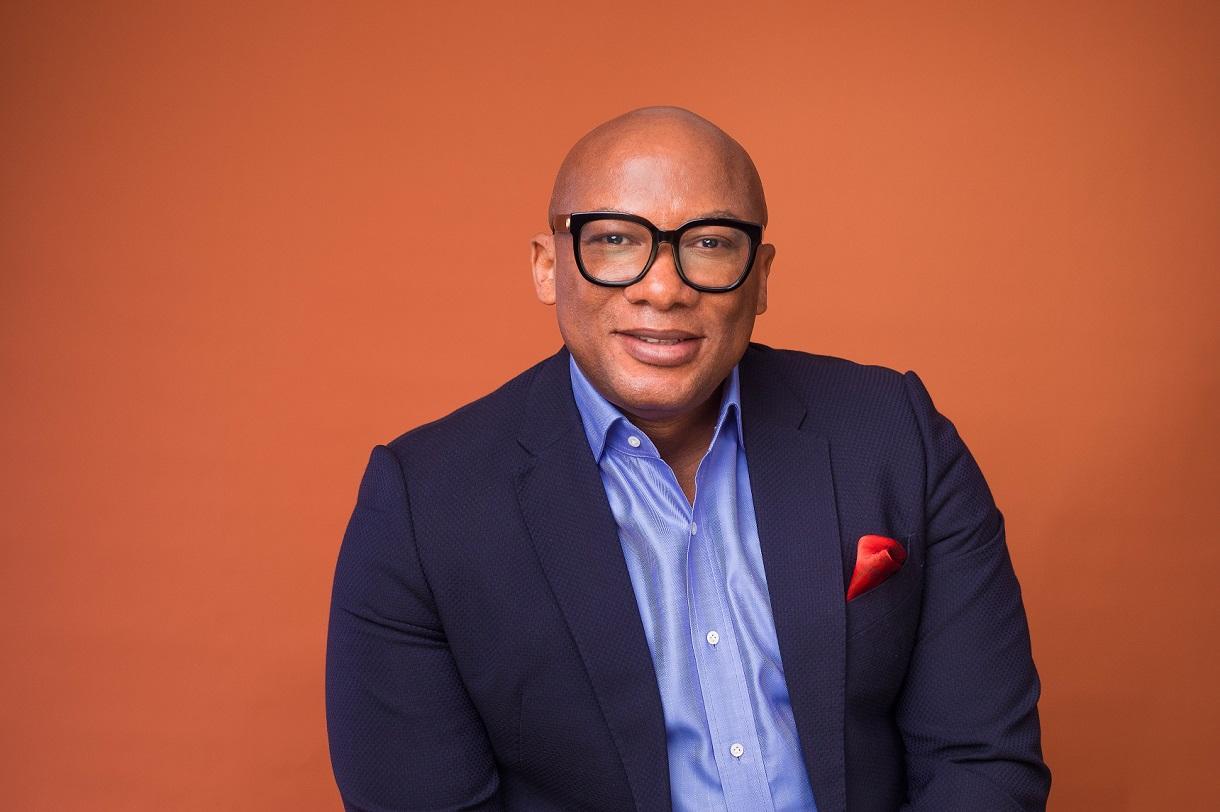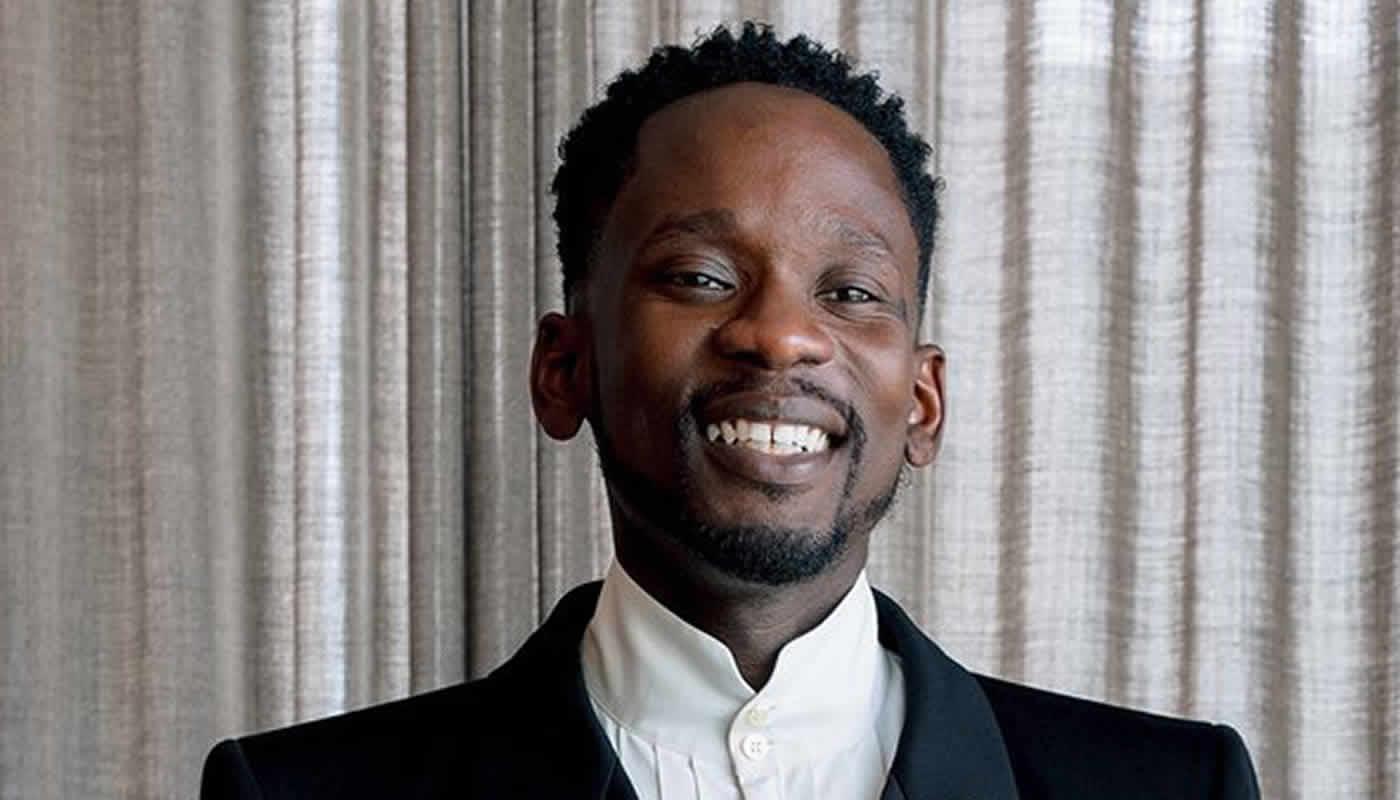Explore Our Bill Payment Services:

- Biography
- Nigeria
Mitchell Elegbe: Biography, Net Worth And Business
Early Life and Education
Mitchell Elegbe’s story begins in Benin City, Edo State, Nigeria — a place known for its cultural richness and deep historical roots. Born into modest circumstances, Elegbe’s early years were far from easy. He never met his father, who passed away before his birth, and was raised primarily by his mother. Later, he lived with his uncle in Aladja, Delta State, who became a key figure in shaping his discipline and determination.
Those early experiences taught Mitchell important life lessons — resilience, patience, and the value of building systems that work. Living in an environment where access to basic services was often a struggle opened his eyes to how systems — when properly built — could improve lives. This understanding would later fuel his passion for building one of Africa’s most successful financial technology companies.
Mitchell’s academic journey began in Delta State, and his brilliance earned him admission into the University of Benin (UNIBEN) to study Electrical/Electronic Engineering. At UNIBEN, his fascination with problem-solving deepened. He wasn’t just interested in equations or circuits; he wanted to understand how technology could make daily life smoother and more efficient.
After earning his degree, Elegbe didn’t stop learning. Over the years, he pursued executive education programs at some of the world’s most respected institutions, including Wharton Business School, China Europe International Business School (CEIBS), and the IESE Global CEO Program. He is also a Bishop Desmond Tutu Fellow of the African Leadership Institute — a testament to his commitment to leadership and innovation.
Career Beginnings: The Hustle Before the Glory
Before the fame and boardroom meetings, there was hustle — pure and simple. While studying at UNIBEN, Elegbe was that student who found creative ways to make money. He sold shirts, dubbed cassette tapes, and juggled small side gigs to support himself. This resourceful streak became a foundation for his entrepreneurial mindset.
After university and NYSC, he started his career at Computer Systems Associates (CSA), before moving to Telnet Telecommunications. There, he got his first major exposure to network systems and the complexities of software and infrastructure. Later, he worked briefly with Schlumberger in Scotland, and it was there that fate intervened in a rather unusual way — his ATM card got swallowed by a machine.
For most people, that would be a frustrating day. For Elegbe, it was an awakening. The incident planted a seed: “Why should accessing your own money be so hard?” It was a small moment that eventually inspired his mission to simplify payments and make financial systems more efficient for everyone.
During his time at Telnet, he began developing a vision for digital payment solutions that could connect banks and make transactions seamless. While the idea seemed far-fetched in Nigeria at that time, where cash ruled the economy, Mitchell believed it was possible — and he would later prove it.
Founding Interswitch: Turning Vision into Reality
In 2002, Mitchell Elegbe took a leap of faith and founded Interswitch, alongside a team of like-minded innovators. Their goal was simple but ambitious — to build a digital infrastructure that would make electronic payments possible in a cash-heavy economy like Nigeria.
Starting out was not glamorous. Funding was tight, and the team had to make do with half of the capital they initially hoped to raise. But through persistence, innovation, and careful strategy, Interswitch became profitable within its first year — an achievement that even many global startups would envy.
Under Elegbe’s leadership, Interswitch launched services that became household names in Nigeria:
-
Quickteller – A platform that made it easy for people to pay bills, buy airtime, and transfer money.
-
Verve – Africa’s first homegrown payment card scheme, which later expanded across the continent.
-
SmartGov – A solution for government payments and identity systems.
-
RetailPay – Designed for small businesses to handle digital transactions efficiently.
Step by step, Interswitch became a financial backbone for Nigerian commerce, connecting banks, merchants, and consumers. As Nigeria’s fintech industry grew, Interswitch was at the center of it all, setting the pace for the digital payment revolution in Africa.
Becoming a Unicorn: The Billion-Dollar Moment
In 2019, Interswitch achieved what many thought was impossible for an African tech company. Visa, one of the world’s biggest payment networks, acquired a 20% stake in Interswitch for about $200 million, pushing the company’s valuation to $1 billion.
With that deal, Interswitch officially became one of Africa’s first fintech unicorns — a title reserved for privately held startups valued at over a billion dollars. But for Elegbe, it was never just about the valuation. It was about validation — proof that African innovation could stand tall on the global stage.
This success also inspired a new generation of African entrepreneurs. Suddenly, the idea that a tech startup from Nigeria could achieve billion-dollar status didn’t seem far-fetched anymore.
Leadership Style and Vision
Mitchell Elegbe is not your typical flamboyant CEO. He’s quiet, thoughtful, and deeply intentional. Those who work closely with him describe him as the kind of leader who listens more than he speaks.
He believes that success is built on strong systems, not shortcuts. Instead of chasing headlines, Elegbe focuses on solving big, structural problems — like the inefficiencies in Nigeria’s payment system that once frustrated him. His philosophy is simple: get the foundation right, and everything else will follow.
He’s also passionate about people. Elegbe believes that empowering his team is just as important as building technology. Under his guidance, Interswitch has cultivated a culture of learning, collaboration, and innovation.
Moreover, he’s an advocate for financial inclusion — ensuring that digital banking and fintech solutions reach rural areas and low-income communities. In his words, technology should make life easier for everyone, not just the privileged few.
Net Worth: The Man Behind the Billions
While Elegbe keeps his finances private, estimates suggest his net worth falls between $150 million and $200 million. Most of his wealth comes from his stake in Interswitch and related ventures like Verve and Quickteller.
However, what sets him apart from many wealthy individuals is his attitude toward money. Elegbe is not known for extravagant living or public displays of wealth. His focus has always been on innovation, long-term value, and societal impact.
For him, wealth is a tool — a means to create opportunities, empower people, and drive change.
Awards and Recognitions
Mitchell Elegbe’s impact hasn’t gone unnoticed. Over the years, he has earned numerous awards and global recognition for his work in technology and leadership, including:
-
Ernst & Young Entrepreneur of the Year (West Africa) – 2023
-
African Banker Icon Award
-
Forbes All Africa Business Leaders Award (AABLA)
-
Bishop Desmond Tutu Leadership Fellowship
-
Executive leadership certifications from Wharton, CEIBS, and IESE
Each recognition tells the same story — that of a man whose innovation reshaped how Africa transacts, does business, and thinks about money.
Challenges Along the Way
Like every great entrepreneur, Elegbe faced his share of obstacles.
Building a fintech company in Nigeria in the early 2000s came with unique challenges: unreliable electricity, poor internet infrastructure, and limited trust in electronic systems. Convincing people to move from cash to cards was no small feat.
He also had to navigate regulatory hurdles, as fintech was still a new and unfamiliar industry to many policymakers. Scaling across African countries came with even more complexities — different currencies, legal systems, and consumer behaviors.
And like most founders, Elegbe faced the difficult trade-off of equity dilution when bringing in foreign investors like Visa. But he handled each challenge with patience and strategy, focusing on the long-term vision rather than short-term wins.
Current Role and Future Outlook
Today, Mitchell Elegbe continues to serve as CEO of Interswitch Group, guiding the company through expansion and digital transformation. Interswitch now powers billions of transactions yearly, serving banks, governments, and merchants across multiple African countries.
Under his leadership, Interswitch is venturing deeper into mobile payments, e-commerce solutions, and small business platforms — all with the same goal: making financial access easy and inclusive for every African.
Beyond business, Elegbe is passionate about mentorship. He believes that leadership is about impact, not position. By nurturing young African innovators, he hopes to inspire the next generation of visionaries who will build even greater solutions.
Why His Story Matters
Mitchell Elegbe’s story isn’t just about fintech — it’s about possibility. It’s about how a young Nigerian boy who once sold shirts in school could grow into a man whose company powers Africa’s digital economy.
He saw problems where others saw inconvenience, and he built solutions that transformed lives. His journey is proof that innovation doesn’t always start in Silicon Valley — sometimes it begins in Benin City, with a curious mind and a dream to make life better.
Conclusion
Mitchell Elegbe stands today as one of the most influential figures in Africa’s financial technology landscape. From humble beginnings to building a billion-dollar company, his life embodies hard work, vision, and purpose.
His estimated net worth may be impressive, but the real wealth he’s created lies in the millions of people who now send, receive, and spend money more easily because of his innovation.
Elegbe’s journey reminds us that true leadership isn’t about titles or fortune — it’s about impact. It’s about seeing the gap between what is and what could be — and daring to bridge it.
And that’s exactly what Mitchell Elegbe has done — and continues to do — one transaction at a time.









